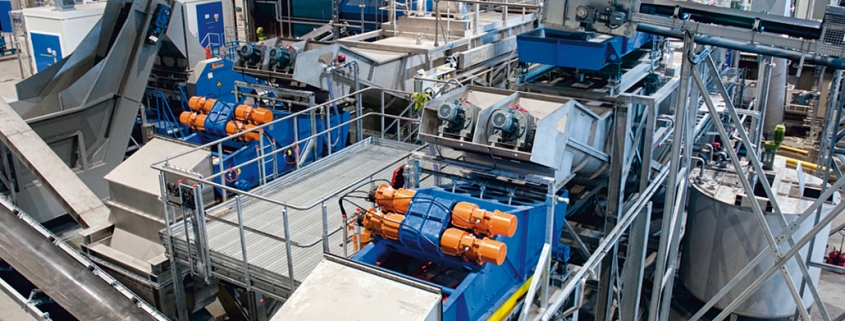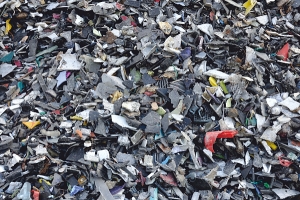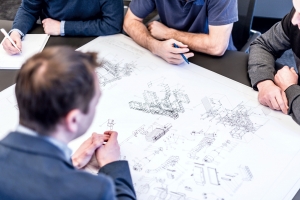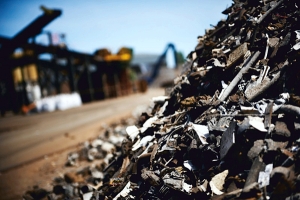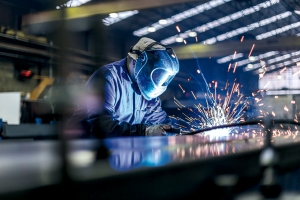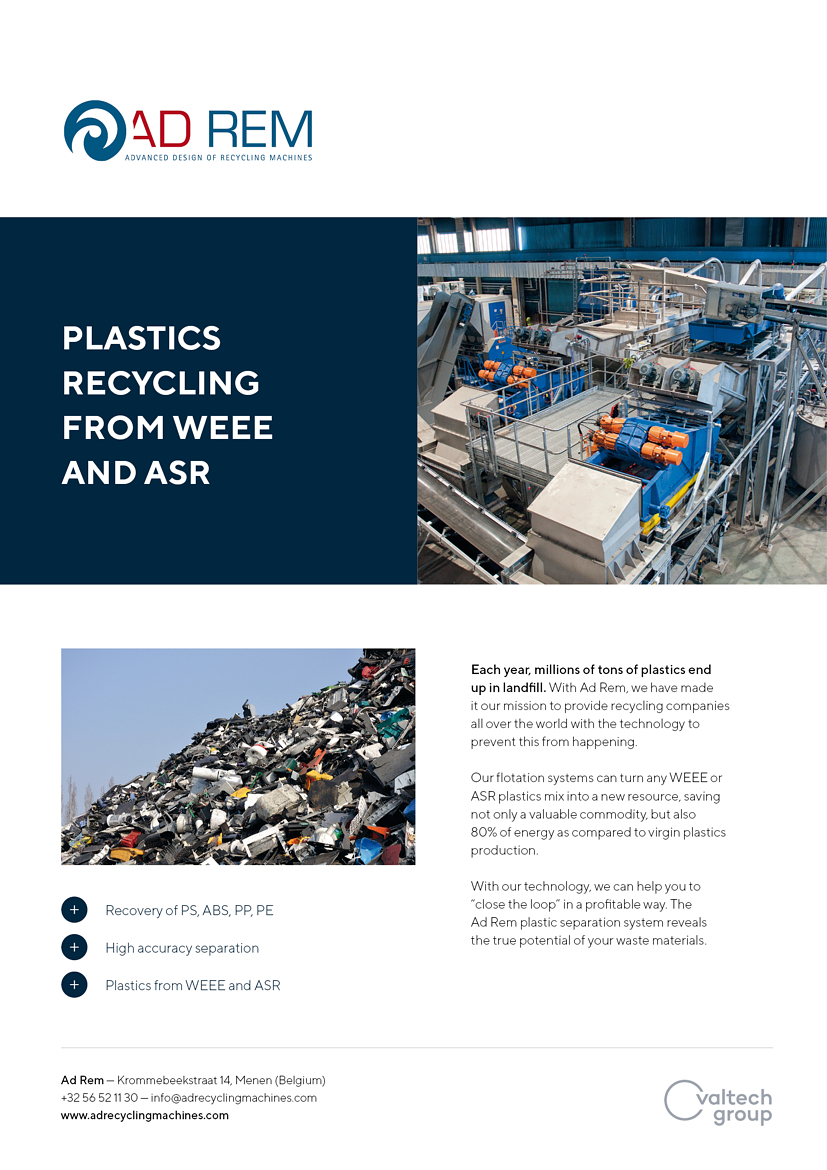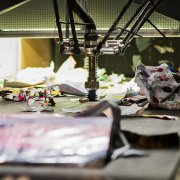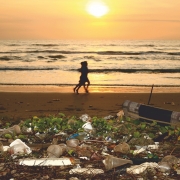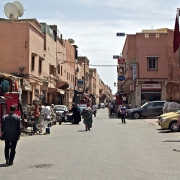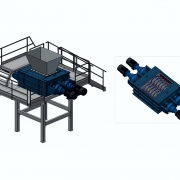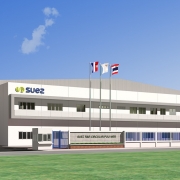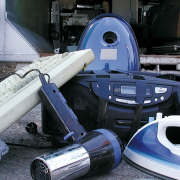Belgian Separation Technology Dominates the Global Plastic Recycling Transition
If you think about Belgium, you think about beer, chocolate and waffles. A lesser-known fact about the Belgians is that they are frontrunners in the global recycling industry. Not only can Belgian recycling companies boast one of the best recycling rates, but the country is also home to various technology providers, one of which is Ad Rem.
Ad Rem, which is short for Advanced Design of Recycling Machines, is based in the south of West-Flanders. The company was founded in 2008 as a joint-venture between machine building group Valtech and recycling group Galloo. The company provides technology for the separation of E-scrap, car shredder residues and incinerated bottom ash.
Changing market
Since the introduction of the Chinese National Sword, which came into effect in February 2018, there has been a snowball effect through the global recycling market. Mixed plastic waste which used to go to China was re-routed to other countries such as Malaysia, Vietnam and India. These countries quickly became overwhelmed by the amount of waste coming their way and started closing their gates as well. As a result, plastic waste is now being stockpiled or incinerated as there is often a severe shortage of local treatment capacity.
Adding to the chaos, an amendment to the Basel convention was announced earlier this year, effectively blocking developed countries from exporting their plastic waste outside of their borders. The pact will go into effect in 2021 and is expected to have a major impact on the global plastics recycling business.
New opportunities
This situation, described as devastating by some, is seen as an opportunity by Ad Rem. “The high landfill and incineration rates act as an incentive for recyclers to do more with their waste,” says Brian Noppe, General Manager of Ad Rem. “With our unique and patented plastic separation process, we are able to extract and fully recycle the polyolefins and polystyrenes from the plastic waste at a cost that is lower than that of petroleum plastic production”. The patented separation technology has already proven its worth. Galloo’s recycled plastic meets all required standards as demanded by the automotive industry, automatically qualifying it for a wide array of other possible applications.
This month Ad Rem is finalizing the commissioning of two plastic separation plants with a consolidated capacity of 70,000 tons per year. One of them will process around four tons per hour of fridge plastics, which will be turned into a resource for new fridge production. The other one will increase the capacity for WEEE-plastic separation in Belgium. Although both plants are quite big, they are only a drop in the ocean compared to the mountain of E-waste that needs to be recycled every year. Many more plants will be needed in the coming years and the potential for Ad Rem is huge.
Future prospects
This potential really comes to life with their newest project. Ad Rem will be responsible for building Japan’s largest and most advanced plastic recycling facility. This facility, named PLANIC, will be based on a joint venture between Toyota Tsusho, Veolia Japan and Kojima Sangyo and will be able to process 40,000 tons of waste plastic per year. The plant will be a welcome addition to the country’s processing capacity as Japan is currently left with over a million tons of plastic per year that will soon go untreated.
The added opportunities caused by the change in market dynamics has already had some considerable effects on the local communities in south West-Flanders. Since 2017, Ad Rem’s number of employees has more than doubled, and while they only just moved into their new offices less than two years ago, expansion could soon again be necessary. But it is not just Ad Rem that is able to consolidate the opportunities. Since most of the machinery production is done locally, it is estimated that over 100 extra jobs were created in the region, including at various supplying companies.
Flanders as a technological powerhouse
The machine building expertise of Ad Rem in the world of plastic recycling does not come as a surprise to anyone familiar with the Flemish machine building industry. Last year, machinery was the third largest export product of the Flemish region of Belgium with a total value of over 34 billion euro, which represents over 10 percent of the total Flemish export. The province of West-Flanders, in particular, is home to many machine building companies. Unemployment in the region is at historically low levels, while companies are forced to become ever more resourceful to attract bright engineering talent.
Under the wings of the Valtech group, however, Ad Rem seems to be able to do just that. As the demand for more plastic separation capacity will continue to grow worldwide throughout the coming years, the technological advantages contrived in the small region of West-Flanders will become increasingly important.
(GR 32019, Page 43-Advertorial)

